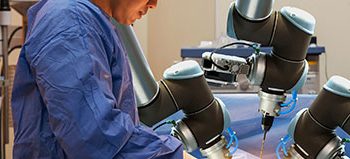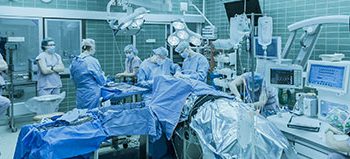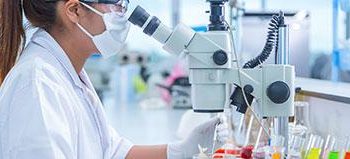Minimal residual disease (MRD) testing is a diagnostic method used to detect the presence of cancer cells in patients who have completed treatment for cancer. It is an essential tool for monitoring cancer patients’ response to treatment and predicting the likelihood of disease recurrence. The MRD testing industry has been growing rapidly, driven by increasing cancer prevalence and the need for better cancer care management.
Current Landscape of the MRD Testing Industry
The MRD testing industry is currently dominated by a few key players, including Illumina, Roche, and Thermo Fisher Scientific. These companies have been investing heavily in developing new technologies and expanding their product portfolios to cater to the growing demand for MRD testing.
The Minimal Residual Disease Testing Market is expected to grow at a significant CAGR of over 14.0% during the forecast period of 2022-2027 and projected to reach a value of $2.3 billion by 2027. This growth is driven by several factors, including the increasing incidence of cancer, rising awareness about the benefits of MRD testing, and technological advancements in the field of cancer diagnostics.
Future Prospects for the MRD Testing Industry
The future of the MRD testing industry looks bright, with several trends expected to shape the market in the coming years. One of the key trends is the increasing adoption of liquid biopsy-based MRD testing. Liquid biopsy involves the analysis of bodily fluids, such as blood, to detect cancer cells. It is a non-invasive and cost-effective alternative to traditional tissue biopsy-based MRD testing, making it a preferred choice for many patients and healthcare providers.
Another trend that is expected to drive the growth of the MRD testing industry is the development of companion diagnostics. Companion diagnostics are tests that are used to identify patients who are likely to respond to a particular treatment. They are particularly useful in cancer care management, where they can help healthcare providers choose the most effective treatment options for their patients.
The MRD testing industry is also expected to benefit from the increasing adoption of personalized medicine. Personalized medicine involves the use of patient-specific information, such as genetic data, to tailor treatment plans to individual patients’ needs. MRD testing plays a crucial role in personalized medicine, as it can help healthcare providers determine the most effective treatment options for each patient based on their individual disease characteristics.
Conclusion
The MRD testing industry is poised for significant growth in the coming years, driven by several factors, including the increasing incidence of cancer, rising awareness about the benefits of MRD testing, and technological advancements in the field of cancer diagnostics. As the industry continues to evolve, it will be interesting to see how these trends shape the market and how companies respond to the growing demand for MRD testing.
Related Links


